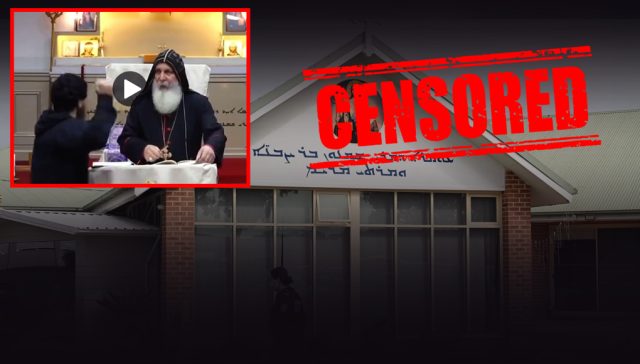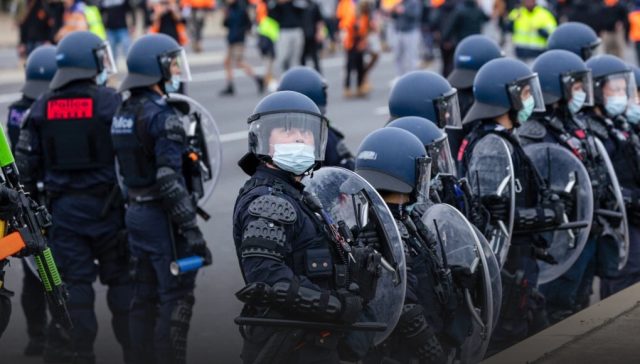Why You Should Oppose the Government’s Attempt to Censor the Sydney Church Stabbing Video
If you have been following the issue of freedom of expression in Australia, you will be aware of the efforts of the government to censor the Sydney church stabbing video on X (but not mainstream media websites) via a court order. The court order has since been overturned although what will happen next is still uncertain.
It is not unusual for governments around the world to ask social media platforms to remove certain content from within the confines of their own borders. X is currently willing to comply with that, but the Australian government also wants to restrict what the whole world can see.
Below I will offer some reasons why you should oppose the censorship efforts of the Australian government, including both within Australia and globally.
Ironically, the attempt by the government to censor the video has triggered the Streisand Effect
One reason given by the Australian government for its current censorship efforts is that the video in question is considered to be indecent, confronting and violent. The problem with censoring videos on this basis is that it sets a dangerous precedent that would enable the government to censor a wide range of media; it is a slippery slope. Whether a video is considered indecent, confronting or violent is subjective and a matter of individual interpretation.
Regardless, even if a video is ‘indecent’, ‘confronting’ or ‘violent’, that is not sufficient reason to tell someone they cannot watch it. That decision should be up to the individual, not the government.
In any case, contrary to what may be portrayed by the mainstream media and government, government censorship is not about protecting the public but instead gives the government cover to selectively censor things it finds embarrassing or doesn’t want the public to know about or talk about.
Many confronting and violent videos are in fact matters of public interest; a prominent example being the Afghan Files, which were a collection of videos that depict war crimes committed by the Australian Army in Afghanistan. When these videos were publicly reported, the Australian government attempted to censor them and even raided Australian media organisations. The only difference was that they used the ‘justification’ of national security rather than public decency.
When considering any sort of law or government policy, it is always important to consider how such a law or policy might be misused by a stupid person or weaponised by an evil person. From my perspective, I consider the government to be a rather stupid and evil organisation.
It is not unusual for governments around the world to ask social media platforms to remove certain content from within the confines of their own borders.
An issue of major concern which is often subject to censorship is footage of police shootings. These videos often depict police brutality and misconduct and are an important matter of public interest. If the Australian government can establish that it is acceptable to censor videos on the basis of being confronting and depicting violence, footage of police shootings will be at high risk of government censorship.
‘Confronting’ and ‘violent’ videos can be a primary source of information. They allow people to know exactly what happened, as cameras don’t lie. Censoring such videos forces people to rely on secondary sources of information such as the mainstream media and government, both of which are often biased and leave out critical details without allowing the public to verify their information.
Preventing the spread of extremism is also used to justify the censorship of the Sydney church stabbing. However, censoring the video does not address the root causes of Islamic extremism within segments of Muslim community, or prevent people from knowing about the incident.
Ironically, the attempt by the government to censor the video has triggered the Streisand Effect and brought more attention than if it had just been allowed to fade into obscurity.
As for wider implications, if the Australian government has the power to censor the internet globally, other governments around the world will inevitably seek to do the same. This includes repressive nations that already have a strong desire to censor the World Wide Web such as China, Russia and many more.
Opposing the recent censorship efforts of the Australian government isn’t just important for protecting freedom of expression and information in Australia, but it is also important for the entire world.

Jessica Colby is a young libertarian advocate who has been passionate about political issues from an early age. She became involved in the Libertarian Party shortly after turning 18 and is now Treasurer of the South Australian branch.










